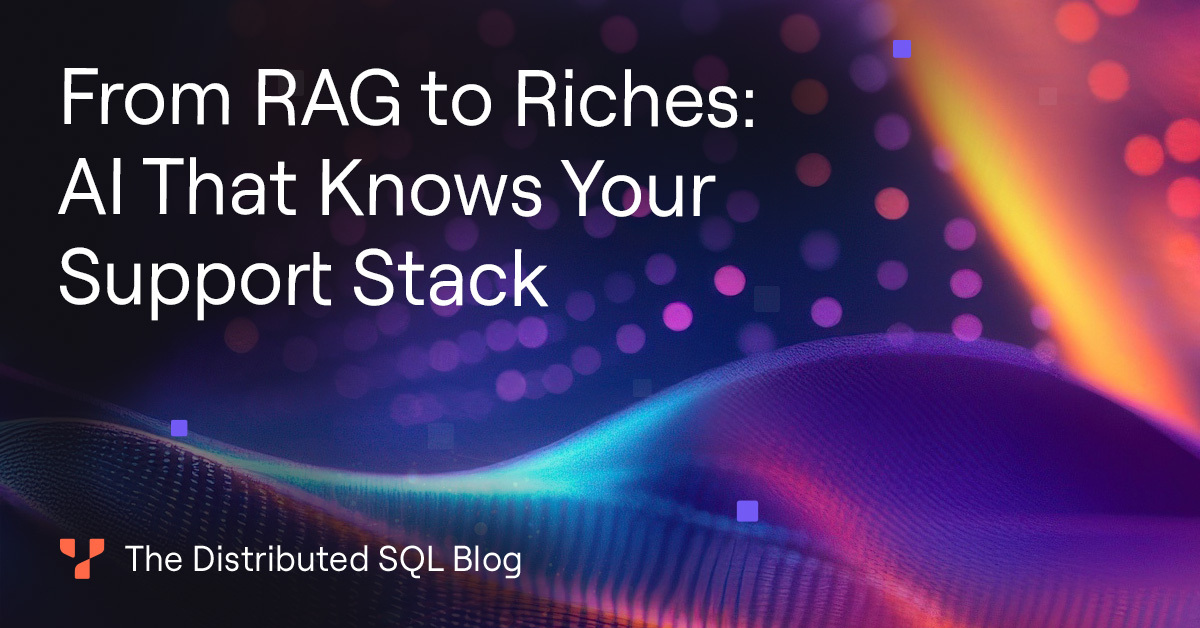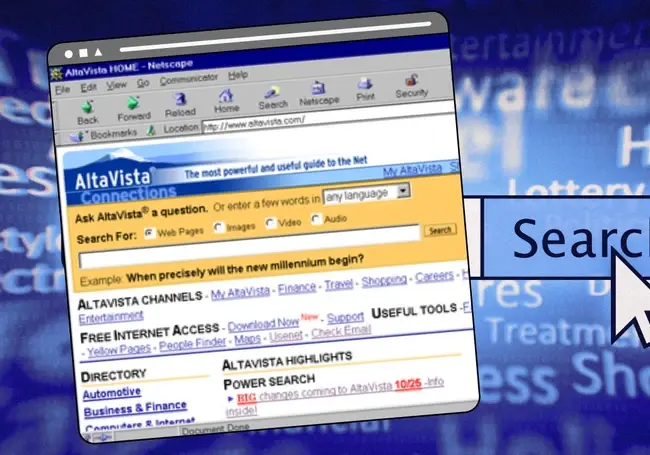
From RAG to Riches: AI That Knows Your Support Stack
As large language models (LLMs) revolutionize enterprise productivity, one significant limitation remains: they can’t access your internal company data out of the box. That’s where Retrieval-Augmented Generation (RAG) steps in.
RAG extends the intelligence of LLMs by pairing them with a vector database that contains domain-specific knowledge—like your support tickets, Slack threads, engineering runbooks, Jira issues, and more. This enables LLMs to give grounded, relevant responses drawn directly from your own support ecosystem.
In this post, we walk through how you can build a RAG pipeline using YugabyteDB’s new vector capabilities to enable smarter and more context-aware support automation. Discover how to ingest internal documents, vectorize them, store them efficiently in YugabyteDB, and finally, how to use an LLM like GPT-4 to answer internal questions—rooted in your own support stack data.
In this blog we show you how to use YugabyteDB as a vector store. You can set up a YugabyteDB database locally by following these instructions. Use the v2.25 release (or higher if there is a new version available).










